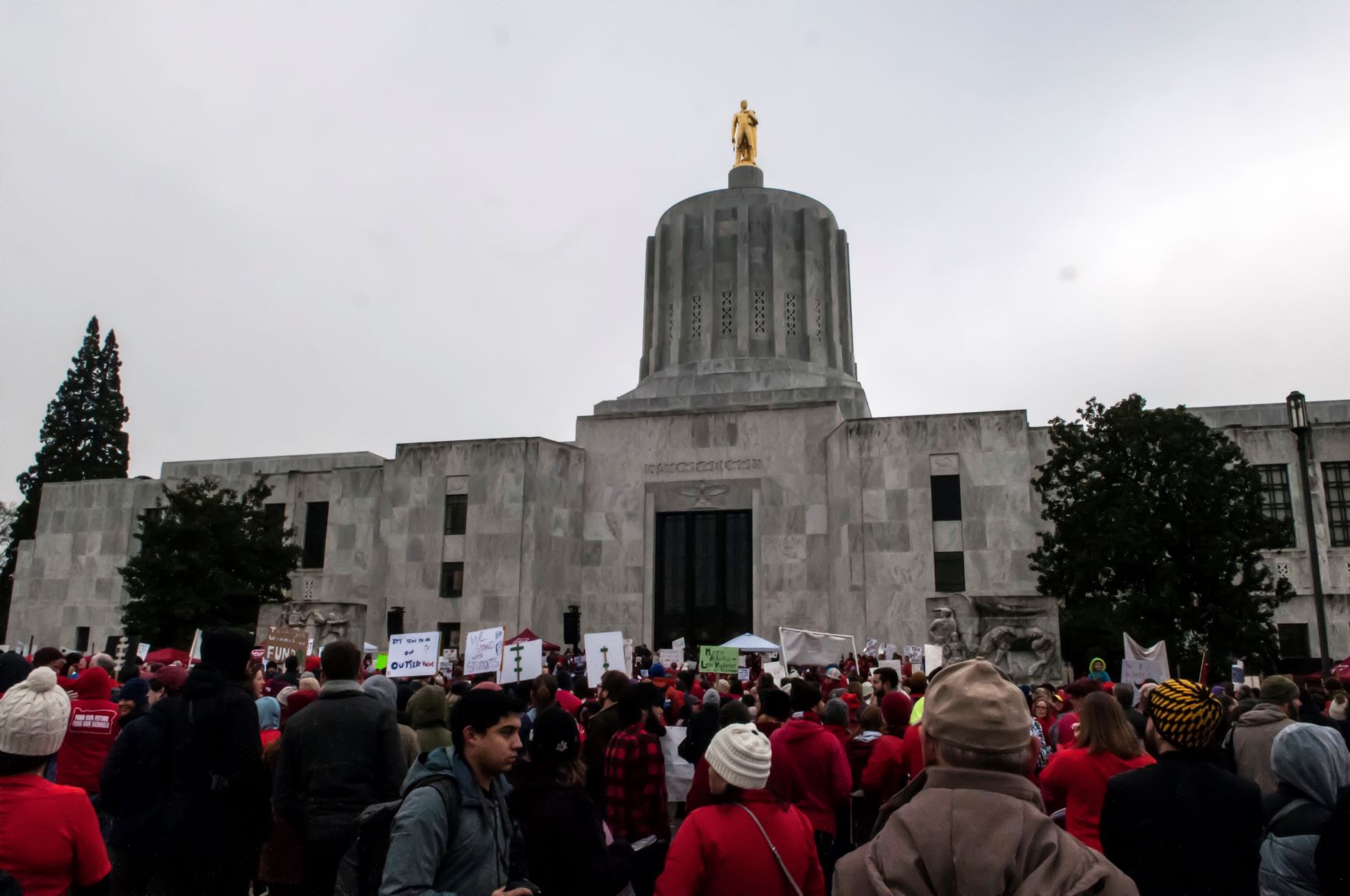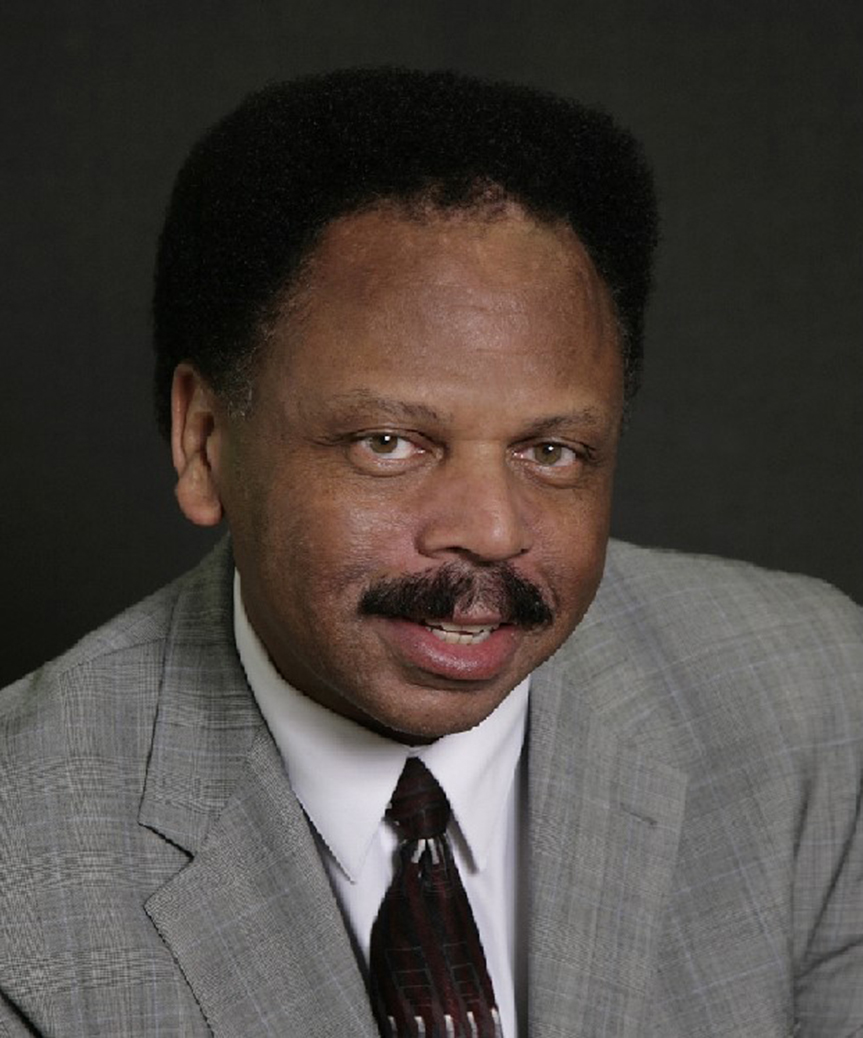Student representatives and Oregon lawmakers have put a bill before the legislature which would provide temporary relief for students facing rising higher education costs by freezing tuition increases at public colleges and universities for the next two years.
HB 3381, introduced on March 14, would freeze tuition increases during the 2019–20 and 2020–21 academic years, offsetting the costs to universities by allocating funds from the state’s general budget to the Higher Education Coordinating Commission.
“I introduced this bill on behalf of students because tuition at community colleges and universities have been increasing every year,” Rep. Brian Nosse, D-Portland, said. Nosse partnered with the Oregon Student Association and lawmakers in both the House and Senate.
Portland State is facing an $18.6 million budget shortfall in the coming biennium as universities and colleges across the state await the results of a proposed revenue package that would prevent cuts to academic programs and potential double-digit tuition increases.
At a March 18 public budget forum focused on faculty and staff, PSU Vice President for Finance and Administration Kevin Reynolds detailed several budget and tuition scenarios for next year, which include tuition hikes as part of measures designed to balance the university’s budget.
Without a commitment from administrators to freeze tuition hikes at PSU, Associated Students of Portland State University’s leaders have refused to join lobbying efforts organized by the university.
“This tuition freeze bill is meant to send a message to both the legislature and our administrations that enough is enough,” said Camilo Abreu A., ASPSU legislative affairs director and co-chair of the OSA Board of Directors. “Tuition increases are not an acceptable solution to budget issues. The state needs to raise enough revenue to fund higher education.”
The bill would also require annual reports to the legislature on the average costs of higher education for students at public universities and community colleges.
“I don’t think we get [higher education costs for students] in a clear, systematic way that is easily understood or official,” Nosse said.
States across the nation, including Oregon, have reduced funding for higher education and increasingly put the burden on students for decades.
Oregon transitioned away from its single board governing all state higher education, to public universities and community colleges in 2013 establishing their own individual boards and becoming more autonomous.
At a March 13 Board of Trustees committee meeting, PSU President Rahmat Shoureshi highlighted “More Intrusion in College’s Affairs” as a growing trend in higher education.
“It’s not surprising [universities] want to have their own policies and procedures and their own self-governance,” Nosse said. “I’m also not surprised when students don’t like how that goes. They turn to their government and say, ‘Hey, state legislature, can you do anything about this?’”
Other supporters of the bill were more pointed in their criticism of university administrators’ complicity in the rising tuition costs for students.
“The elitist autocracies that run universities need to get real about curbing costs so students can get a cost-effective education instead of being indentured to student debt for decades while administrators and the elite enrich themselves,” said Sen. Brian Boquist, R–Dallas, who co-sponsored the bill.
The bill is currently sitting in committee. In order for it to pass, lawmakers still need to find additional funding that would offset proposed tuition increases.
Associate Vice President of Government Relations Kevin Neely said the price tag for offsetting tuition increases and investment in critical state programs at PSU is $1 billion.
“Absent adequate funding, the bill necessitates unsustainable cuts to the institution and the administration cannot offer its support of the legislation,” Neely stated in an email.
The most recent budget proposal out of the legislature is still roughly $40 million short of what the university says it would need to cover its minimum costs and even hold tuition increases below five percent.
Some of the paths to new revenue currently being explored by the legislature include new taxes on businesses and raising taxes on tobacco.
Nosse said it won’t be clear until spring whether lawmakers can find the funding they need but pointed out that this bill is only a short-term relief measure for students. “We have to start investing in community colleges and universities like we should have been doing all along.”
Having been raised by feral pandas in the remote forests of Chengdu, China has always formed a key part of my identity. After my career as a Hong Kong film producer was derailed by tabloid journalists, I knew I had found the work that would become my life’s purpose. I am passionate about journalism because it allows me to step into worlds I would otherwise never know while channeling my curiosity toward serving and informing the community.







This piece has an error. HB 3381 was introduced by Rep. Rob Nosse, not Brian Nosse. There is no Oregon representative named Brian Nosse. https://www.oregonlegislature.gov/nosse